From the Chinese press
Updated: 2014-04-11 06:33
(China Daily USA)
|
|||||||||
CCTV dress code dilemma
Viewers have complained against and even criticized Zhu Xiaolin, a female anchor on CCTV sports channel, for her attempt to break established norms by wearing a deep-V cut dress. But the way female anchors dress deserves understanding rather than criticism from people who are used to seeing "traditional" presenters on TV, says an article in Qianjiang Evening News. Excerpts:
The complaints reveal the complicated attitude of Chinese TV viewers toward China Central Television. They want to see CCTV as a modern media outlet but, at the same time, expect it to follow established norms when it comes to the "dress code" of its anchors. TV anchors have been appearing on screen in suits and ties, and viewers have become so used to their image that they flinch at the first instance of change. It seems Chinese viewers will never get tired of conventions.
As a result, CCTV receives complaints and criticisms every time it musters the courage to do something different, be with its programs or the dresses of its anchors and presenters. In fact, CCTV had ceased to attempt any change fearing that viewers might complain against it.
There are no hard and fast rules on what female sports anchors should wear. It is accepted, though, that anchors for entertainment programs can wear fancy (which many consider revealing) dresses. Similarly, it's okay for a female anchor to wear a suit or a one-piece dress if she is presenting programs other than news and sports.
To tide over the problem, CCTV should use its advantage to turn itself into a platform offering rich contents to suit the demands of viewers. No viewer will pay attention to what an anchor is wearing if the content of the program she or he presents is great.
Use Net to promote China
The news of the extra-marital affair of actor Wen Zhang, who hardly qualifies as an A-lister in China, was surprisingly covered by some major international media outlets such as BBC. The development reveals some interesting points in regard to the significance of the Internet and social media, says an article in Guangzhou Daily. Excerpts:
The Internet and social media are playing vital roles in promoting China and highlighting China-related news. The Internet appears to have become the prime reference point for many foreigners to understand China, while Chinese social media such as Sina Weibo have added thrust to many debates on important topics and eventually drawn global attention.
In the Wen scandal, millions of reposts and comments on his apology to his wife via micro blog not only attracted an unprecedented number of hits, but also aroused the interest of the international media. The same rules could be applied to the global appeal of the Republic of Korea's Gangnam Style that went viral across the world in 2012.
Another fact worth noting is the lack of symmetry in the interaction of Chinese and foreigners in cyberspace. Chinese Net users report and discuss far more news and developments from the West than what their Western counterparts do with news emerging from China. For instance, subtitle translation groups in China compete with each other to complete multilingual subtitles of the latest episodes of popular American TV series.
In contrast, according to a Google search, Diaoyu Islands - The Truth, a documentary made in the US, was deliberately ignored by some English mainstream media outlets for acknowledging that the Diaoyu Islands are an undisputable part of China.
Thus to help the rest of the world to better and objectively understand China, we should make better use of the international media and the Internet.
The opinions expressed on this page do not necessarily reflect those of China Daily.
(China Daily USA 04/11/2014 page16)
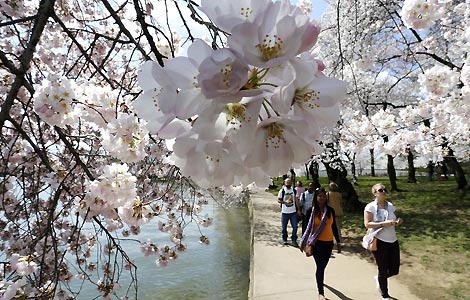
 People enjoy cherry blossoms in Washington
People enjoy cherry blossoms in Washington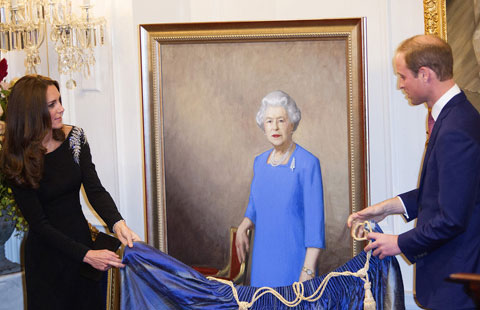
 Prince William, Kate unveil portrait of Queen Elizabeth
Prince William, Kate unveil portrait of Queen Elizabeth
 Hagel gets recipe of goodwill
Hagel gets recipe of goodwill
 US, China firms team up on green truck play
US, China firms team up on green truck play
 21 injured in Pennsylvania school
21 injured in Pennsylvania school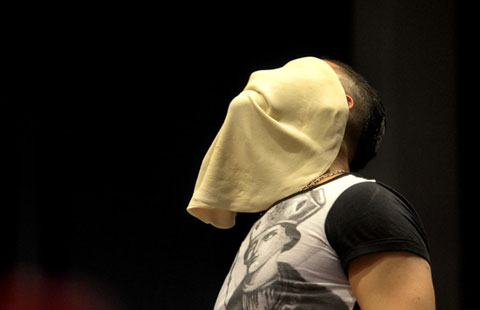
 Bakers perform with dough in pizza championships
Bakers perform with dough in pizza championships
 People enjoy cherry blossoms in Washington
People enjoy cherry blossoms in Washington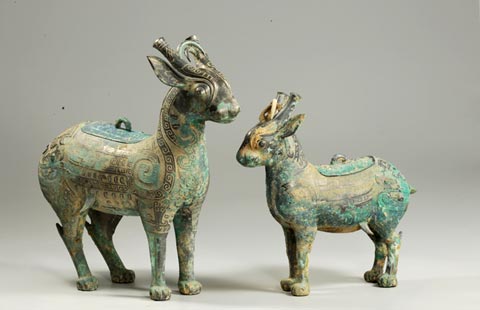
 Top 10 China archeological discoveries for 2013
Top 10 China archeological discoveries for 2013
Most Viewed
Editor's Picks

|

|

|

|
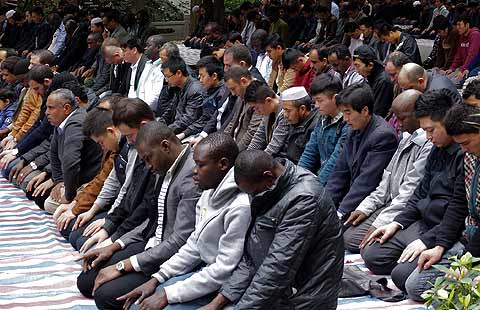
|

|
Today's Top News
Another possible signal heard in search
Sebelius resigns after Obamacare woes
Suspect claims he killed 40 as hitman
Soybean talks focus on biotech issues
US Asian carp find plates in China
US, China firms team up on green truck play
Ships sale to Taiwan 'unlikely'
Hagel gets closer to PLA
US Weekly

|

|








